Tax planning is crucial for individuals with higher salaries in India. As income increases, so does the tax liability. To maximize savings and avoid unnecessary tax outflow, it is important to strategically plan your taxes. This guide provides insights on effective tax planning measures for high-income earners, including tips on investments, deductions, and exemptions.
Understanding Tax Slabs for Higher Incomes
In India, income tax is levied based on a progressive slab system, where higher incomes attract higher tax rates. The income tax rates for individuals under 60 years are as follows:
- Income up to ₹2.5 lakh: No tax
- Income between ₹2.5 lakh and ₹5 lakh: 5% tax
- Income between ₹5 lakh and ₹10 lakh: 20% tax
- Income above ₹10 lakh: 30% tax
For individuals with a salary higher than ₹10 lakh, effective tax planning becomes vital to minimize liability. Let’s explore some strategies to optimize your tax savings.
1. Utilize Section 80C for Maximum Deductions
The most popular tax-saving section is Section 80C. It allows deductions up to ₹1.5 lakh annually, provided certain investments or expenditures are made. Some of the top options under this section include:
- Employee Provident Fund (EPF): Contributions to EPF are automatically deducted from your salary, which qualifies for a deduction under Section 80C.
- Public Provident Fund (PPF): PPF is a long-term investment option with a tenure of 15 years, offering an attractive interest rate and tax-free returns.
- Equity Linked Savings Scheme (ELSS): ELSS mutual funds are tax-saving schemes with a lock-in period of three years and the potential for higher returns.
- National Savings Certificate (NSC): This is a fixed-income investment scheme for tax saving, available at post offices.
- Life Insurance Premiums: Premiums paid for life insurance policies also qualify for a deduction.
Maximizing the limit under Section 80C can reduce your taxable income and enhance savings.
2. Consider NPS for Additional Tax Benefits
Apart from Section 80C, the National Pension System (NPS) provides an additional deduction of up to ₹50,000 under Section 80CCD(1B). This deduction is over and above the ₹1.5 lakh available under Section 80C, making NPS a powerful tool for both retirement planning and tax saving.
NPS offers two types of accounts: Tier 1 and Tier 2. Contributions to the Tier 1 account are eligible for tax benefits. The funds are invested in a mix of equities, government bonds, and corporate debt, offering potentially better returns than traditional fixed-income instruments.
3. Maximize Deductions under Section 80D for Health Insurance
Higher-income earners often overlook health insurance as a tax-saving option. Section 80D allows you to claim deductions for premiums paid for health insurance policies. The deduction limits are as follows:
- Up to ₹25,000 for self, spouse, and dependent children.
- An additional ₹50,000 if covering parents above 60 years of age.
If you are paying for health insurance premiums for your parents (above 60), you can claim a total deduction of up to ₹75,000. Health insurance not only reduces your tax liability but also provides essential financial security in case of medical emergencies.
4. Claim Home Loan Benefits Under Section 24 and Section 80EEA
If you have taken a home loan, you can avail of significant tax benefits under various sections:
- Section 24(b): You can claim a deduction of up to ₹2 lakh on interest paid on home loans for a self-occupied property.
- Section 80C: The principal repayment of your home loan qualifies for a deduction under Section 80C, up to ₹1.5 lakh.
- Section 80EEA: For first-time homebuyers, an additional deduction of up to ₹1.5 lakh is available on home loan interest under Section 80EEA.
Combining these sections, home loan benefits can significantly reduce your tax burden, especially for those in higher salary brackets.
5. Leverage Section 80E for Education Loan Interest
If you are repaying an education loan, the interest on the loan qualifies for a deduction under Section 80E. The entire interest paid on the loan is eligible for deduction for up to 8 years or until the loan is fully repaid, whichever is earlier. This is especially beneficial if you have taken a large education loan for higher studies, as it reduces your taxable income.
6. Invest in Tax-Free Bonds
High-salaried individuals can explore tax-free bonds issued by government-backed entities. The interest earned on these bonds is tax-free, and they offer a steady income stream. Since the interest is exempt from tax, these bonds are particularly useful for individuals in the higher tax bracket.
7. Opt for the New Tax Regime Wisely
The Indian government introduced an alternative tax regime in the FY 2020-21 budget, offering lower tax rates but without deductions and exemptions. Here’s how the new tax regime compares:
| Income Range | Old Regime (with exemptions) | New Regime (without exemptions) |
|---|---|---|
| ₹2.5 lakh to ₹5 lakh | 5% | 5% |
| ₹5 lakh to ₹7.5 lakh | 20% | 10% |
| ₹7.5 lakh to ₹10 lakh | 20% | 15% |
| ₹10 lakh to ₹12.5 lakh | 30% | 20% |
| ₹12.5 lakh to ₹15 lakh | 30% | 25% |
| Above ₹15 lakh | 30% | 30% |
While the new regime offers lower rates, individuals with higher salaries who claim deductions under sections like 80C, 80D, and others may find the old regime more beneficial. Calculate your total deductions to make an informed decision.
8. Take Advantage of the Standard Deduction
For salaried individuals, a standard deduction of ₹50,000 is available, irrespective of actual expenses. This deduction is automatically factored into your taxable income and reduces your tax liability. Make sure to check with your employer to ensure this deduction is applied.
9. Save Tax through HRA and Rent Payments
If you live in a rented house and receive House Rent Allowance (HRA) as part of your salary, you can claim HRA exemption under Section 10(13A). The amount of HRA exemption depends on your salary, rent paid, and the city of residence. However, if HRA is not part of your salary, you can still claim rent deductions under Section 80GG, subject to certain conditions.
10. Utilize LTA Exemption
Salaried individuals are eligible for Leave Travel Allowance (LTA) exemption for travel expenses incurred within India. LTA can be claimed twice in a block of four years for travel with family members. The exemption is only applicable to travel costs and not other expenses like hotel stays or meals.
11. Gift Your Money to Save Tax
One often-overlooked strategy for high-income earners is to gift money to family members in lower tax brackets. You can gift money to your spouse, children, or parents, and they can invest it in tax-free or low-tax instruments. This strategy effectively shifts the tax burden and reduces your taxable income.
12. File Tax Returns on Time to Avoid Penalties
Filing your income tax returns on time is crucial to avoid penalties and interest charges. Ensure all your income sources, deductions, and exemptions are accurately reported. Filing late can lead to a penalty of ₹10,000 under Section 234F, and delays may result in additional interest on the tax payable.
Conclusion
Tax planning is an essential aspect of financial management, especially for individuals with higher salaries. By leveraging the various sections of the Income Tax Act, such as 80C, 80D, 80E, and others, high-income earners can significantly reduce their taxable income and save on taxes. It is important to plan well in advance, make smart investments, and take advantage of the available deductions and exemptions to optimize savings.
Strategic tax planning not only reduces your tax liability but also helps in achieving long-term financial goals. Make sure to stay informed about any updates or changes in tax laws to maximize your benefits.
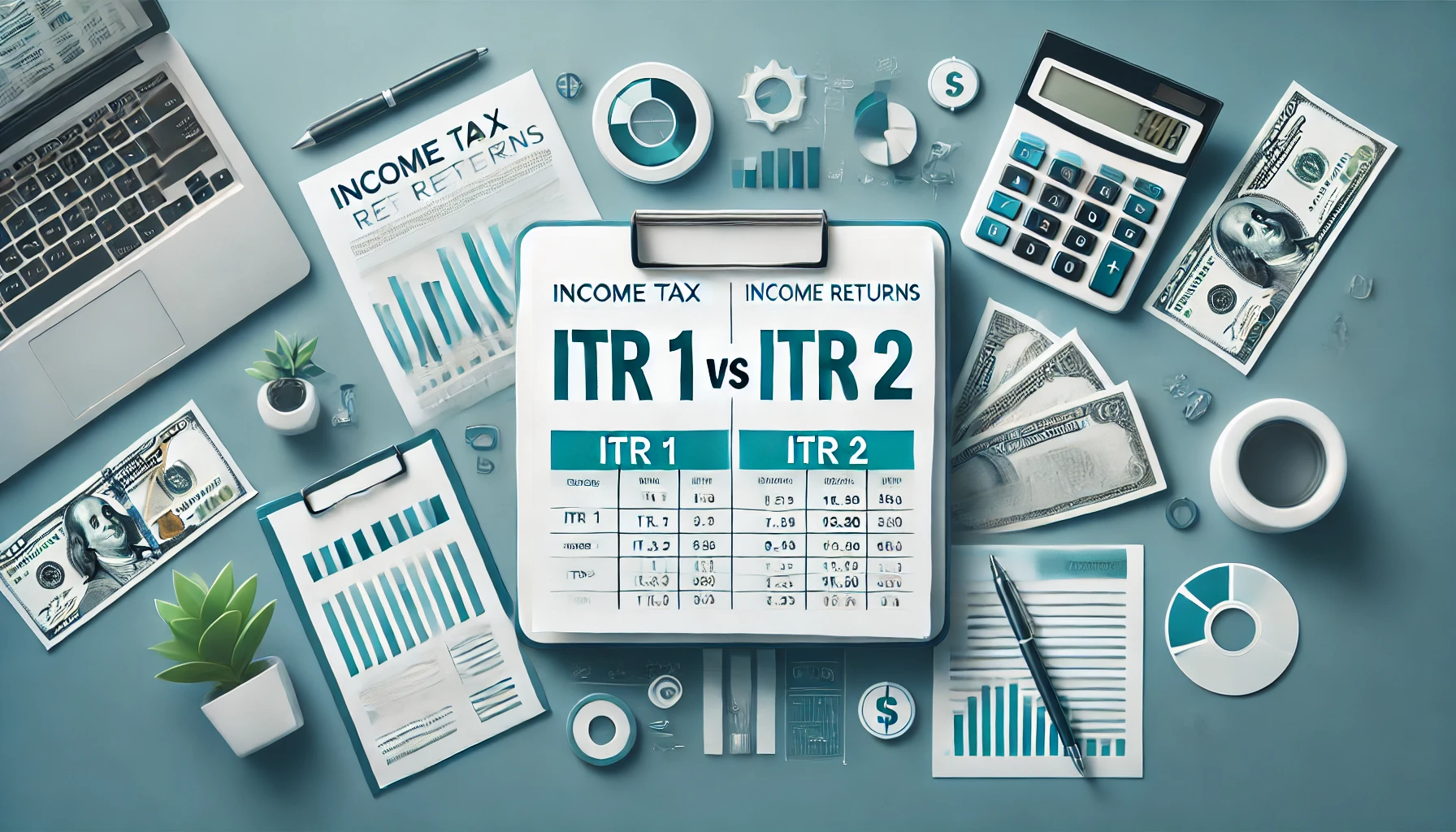
ITR 1 vs ITR 2
Filing your Income Tax Return (ITR) accurately is crucial for every taxpayer in India, and …

What Is Tax Loss Harvesting?
Tax loss harvesting is a strategy that allows investors to reduce their taxable capital gains …
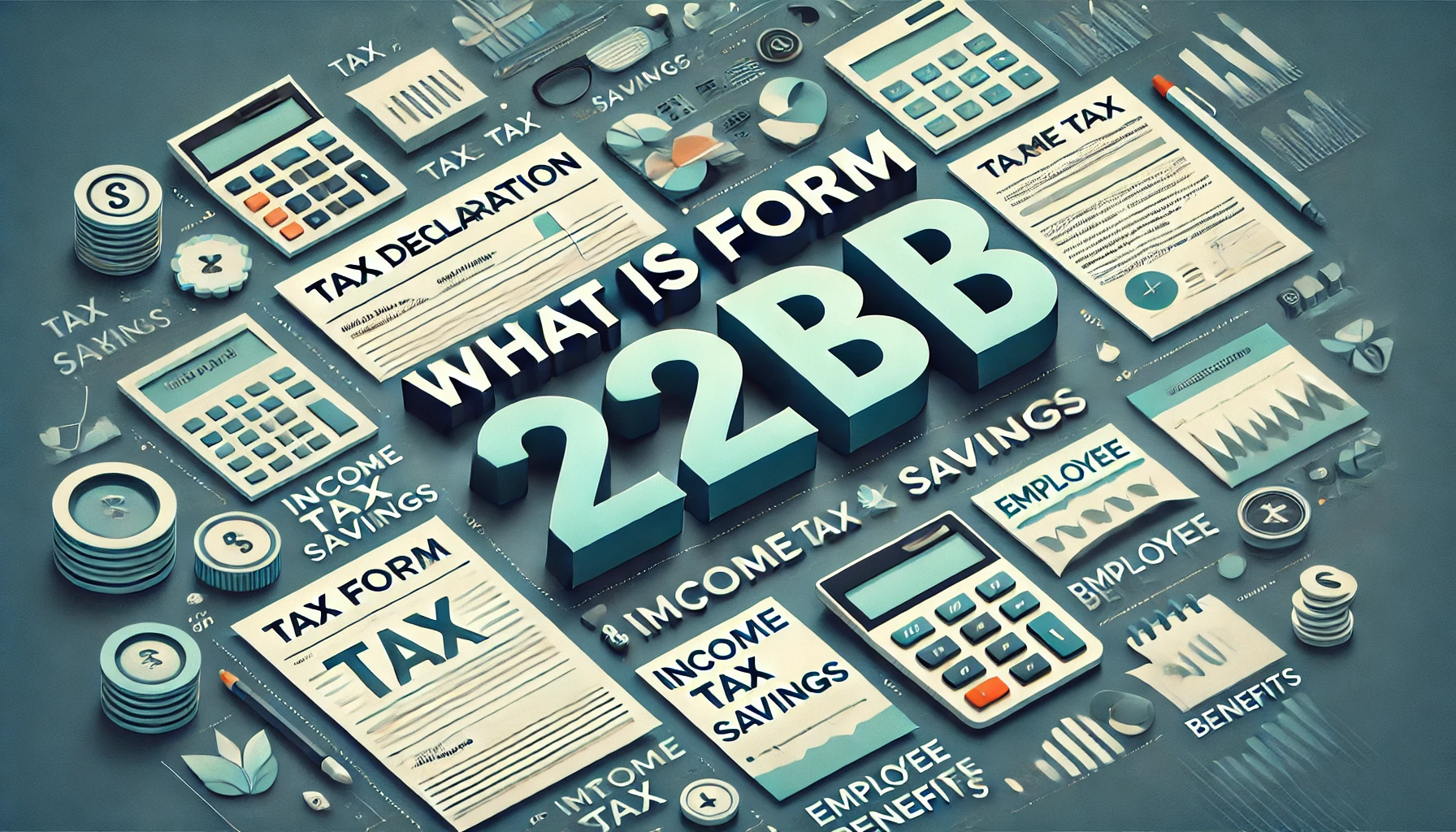
What Is Form 12BB?
Form 12BB is a vital document in the Indian taxation system that employees need to …
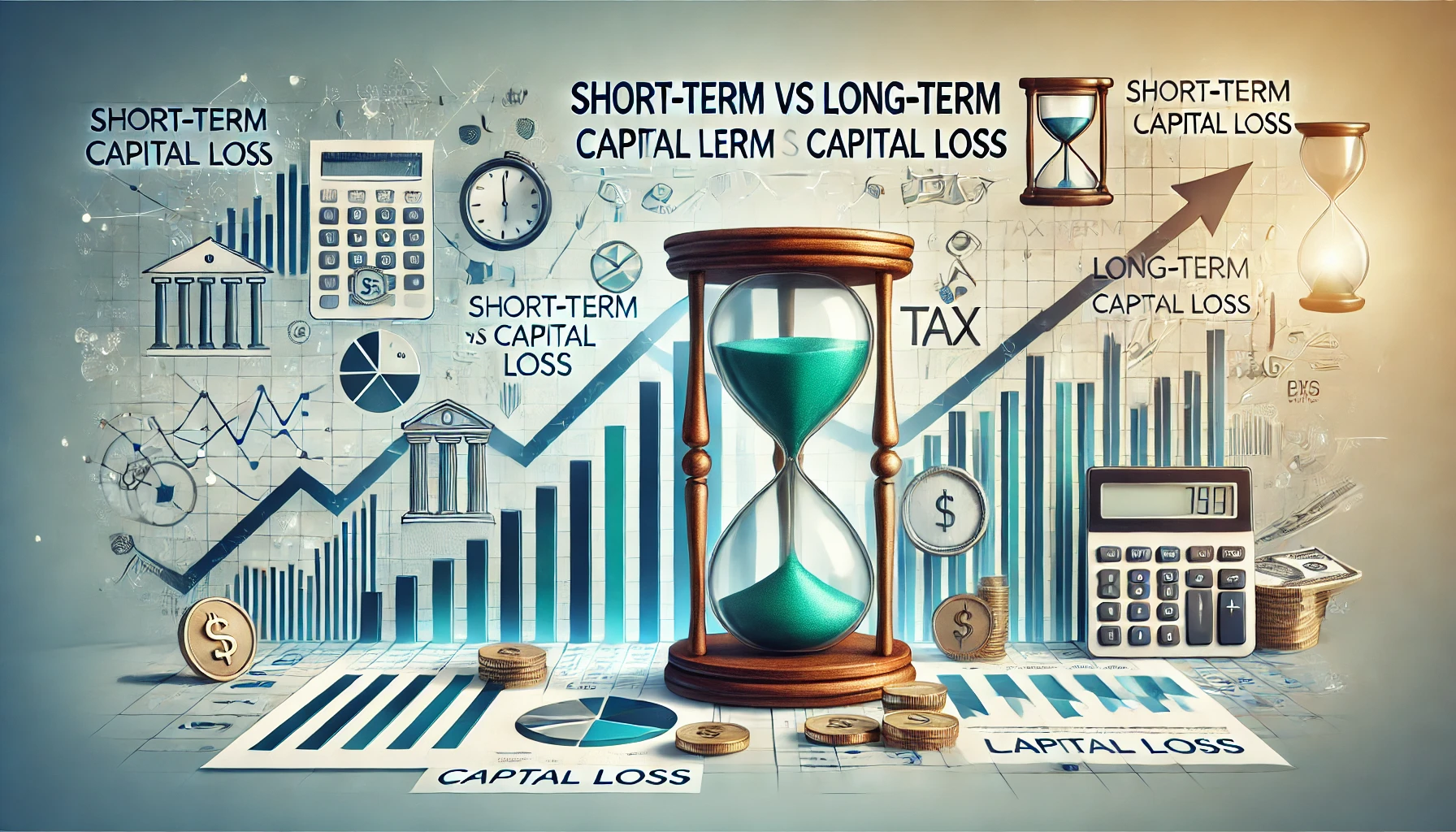
Short-Term Vs Long-Term Capital Loss
Investing in various assets like stocks, real estate, or mutual funds can lead to capital …
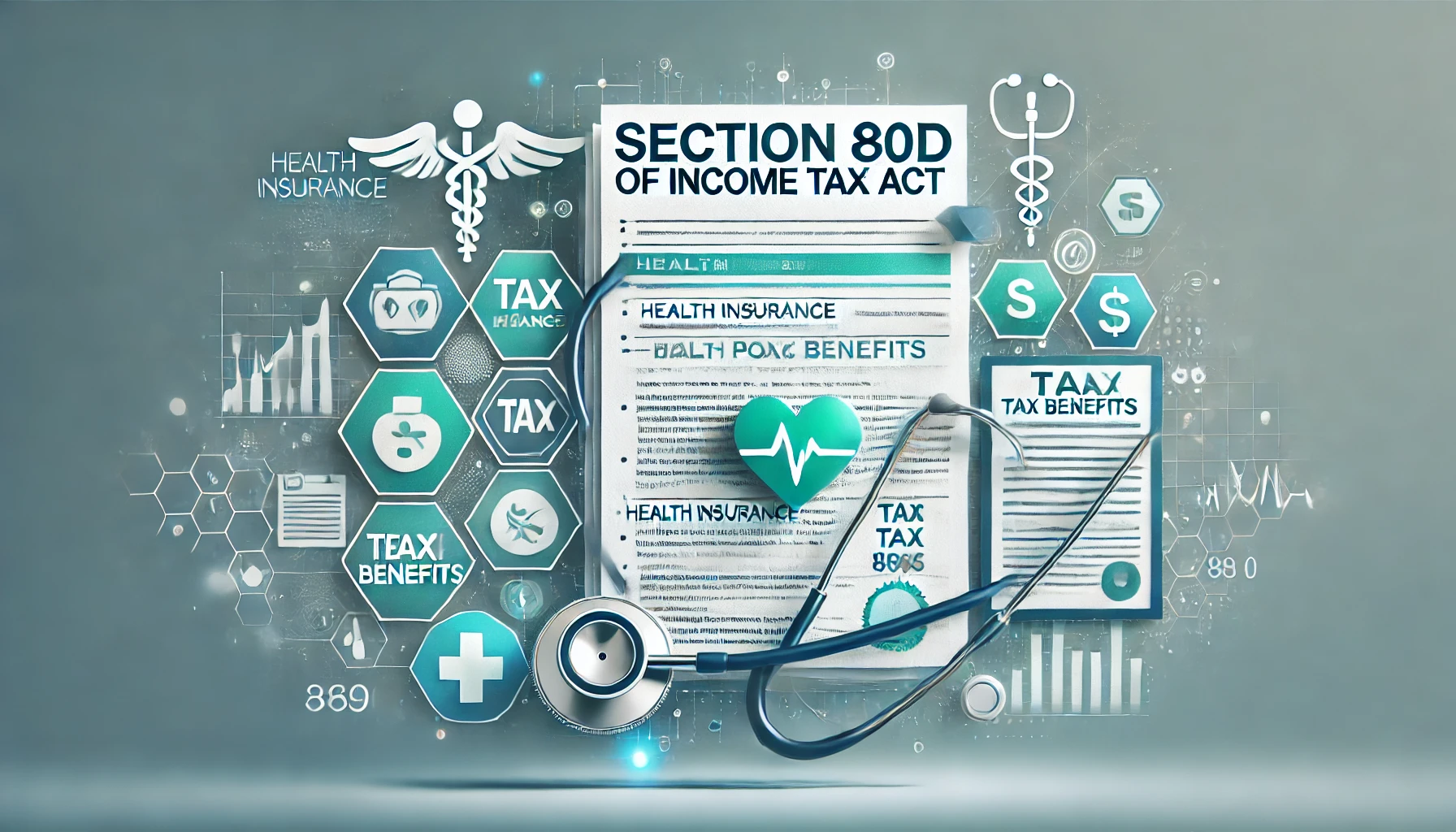
Section 80D of Income Tax Act
Health insurance is not only essential for safeguarding your well-being, but it also offers tax-saving …

Senior Citizen Saving Scheme
The Senior Citizen Saving Scheme (SCSS) is a government-backed savings scheme specifically designed to provide …
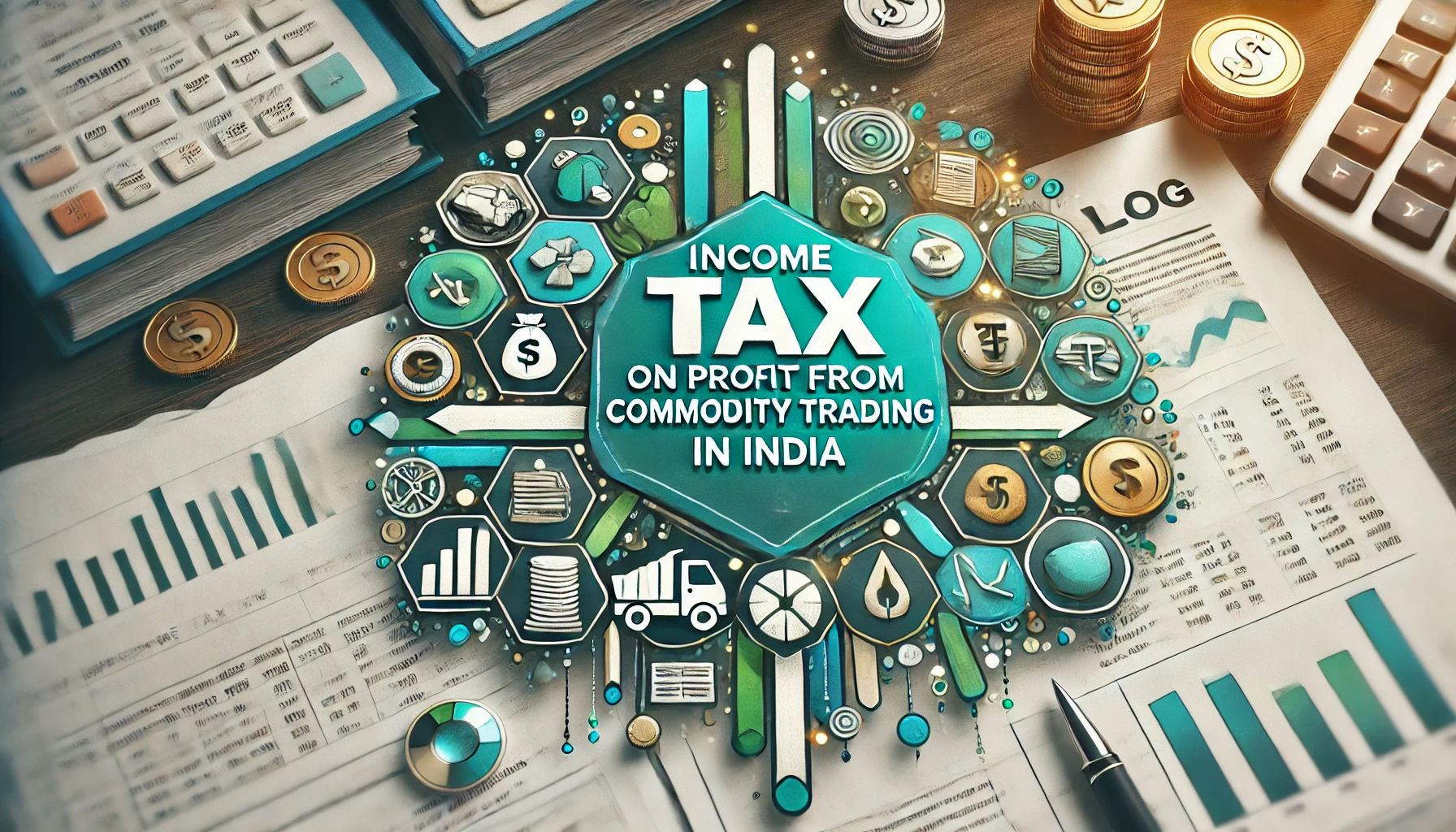
Income Tax on Profit from Commodity Trading in India
Commodity trading has become a significant part of financial markets in India, providing investors with …
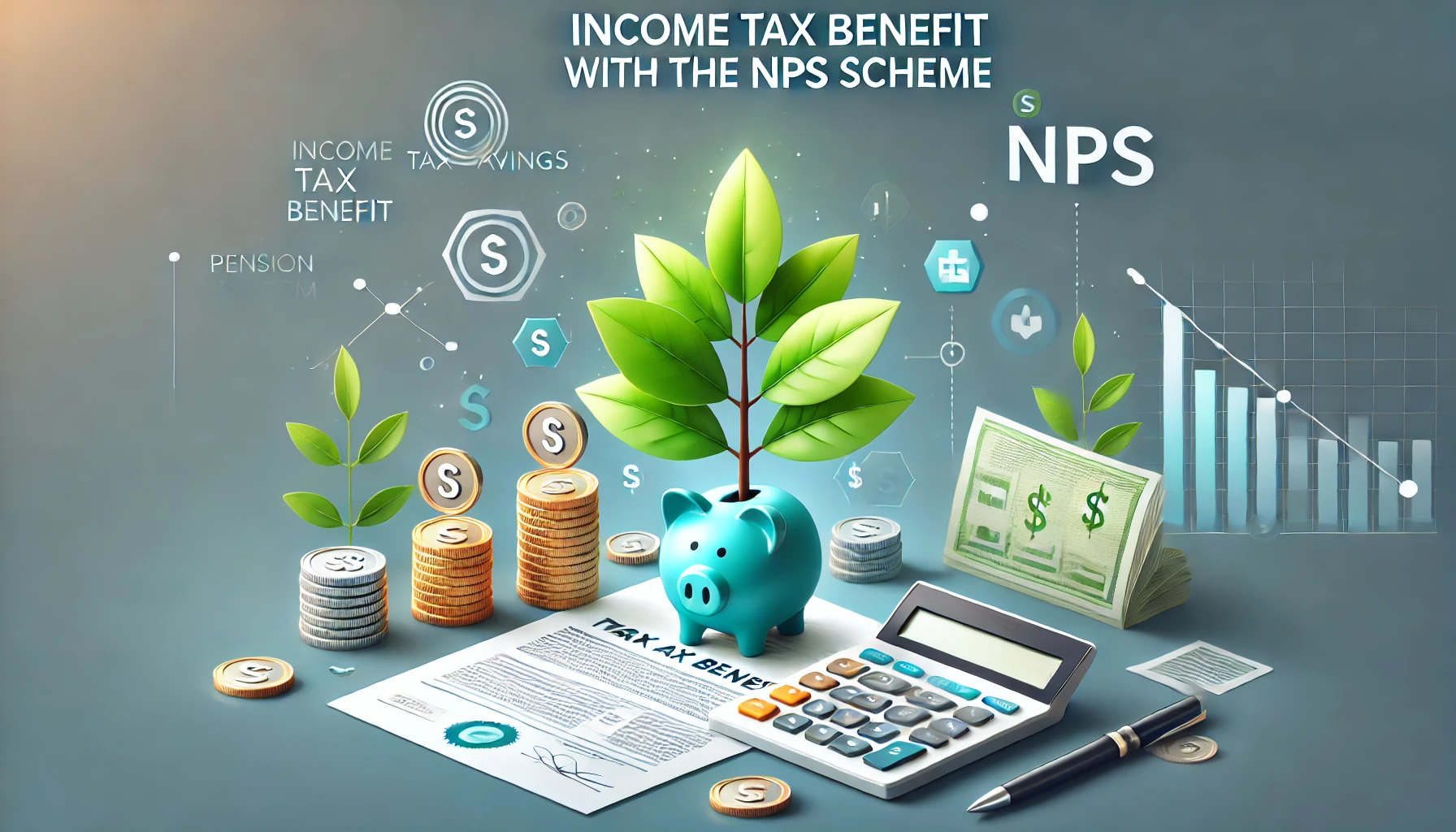
Income Tax Benefit with the NPS Scheme
The National Pension System (NPS) is a government-sponsored retirement savings scheme in India designed to …
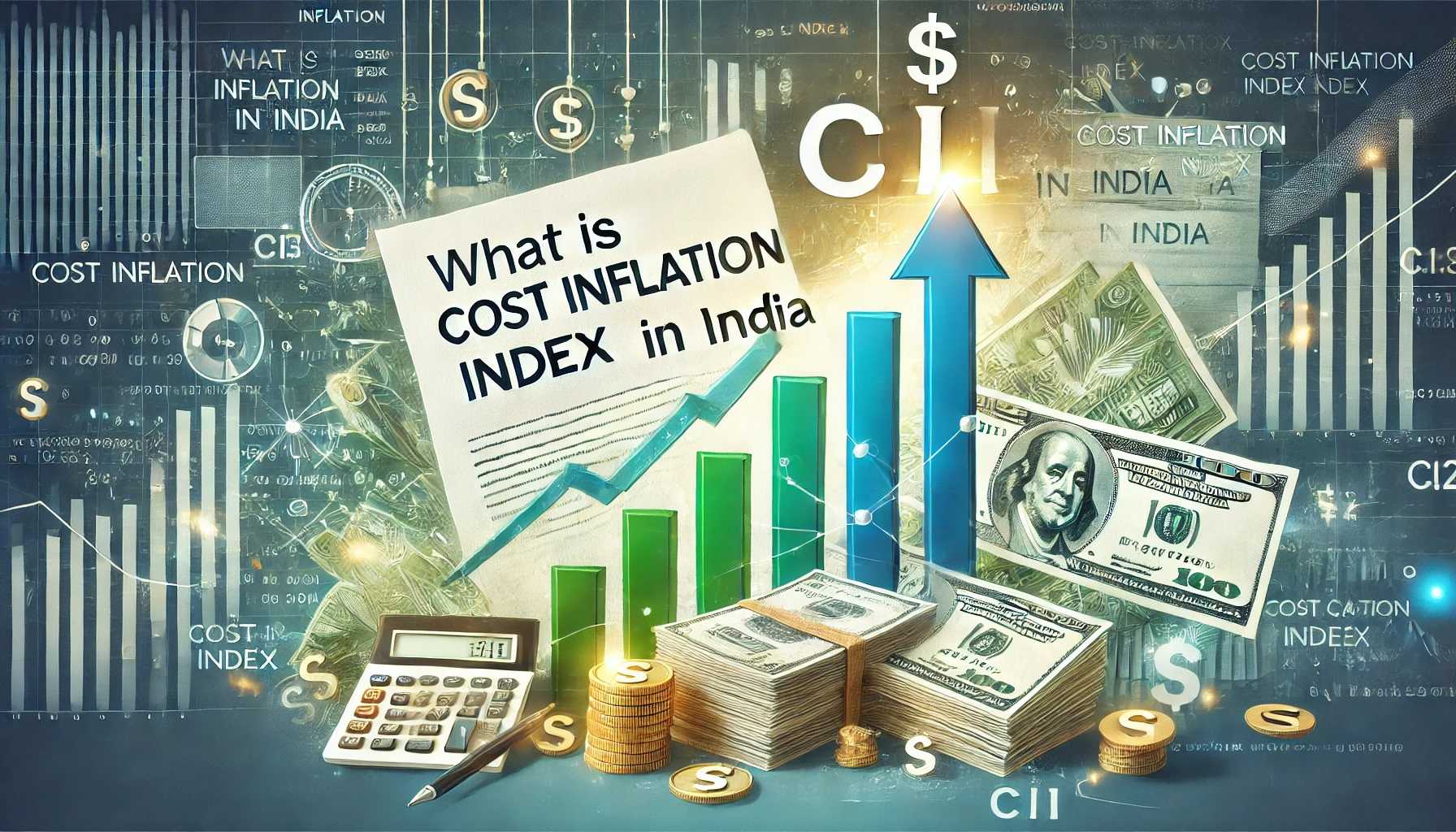
What Is Cost Inflation Index (CII) In India?
The Cost Inflation Index (CII) is a crucial concept in Indian taxation, particularly when calculating …

Understanding How Income Tax is Levied on Stock Market Transactions
The Indian stock market has become an increasingly popular avenue for individuals looking to grow …

Investment Options under NPS
The National Pension System (NPS) is a government-sponsored retirement savings scheme that allows individuals to …

How to Start Contributing to Your PPF Account?
The Public Provident Fund (PPF) is a government-backed savings scheme in India that offers tax …
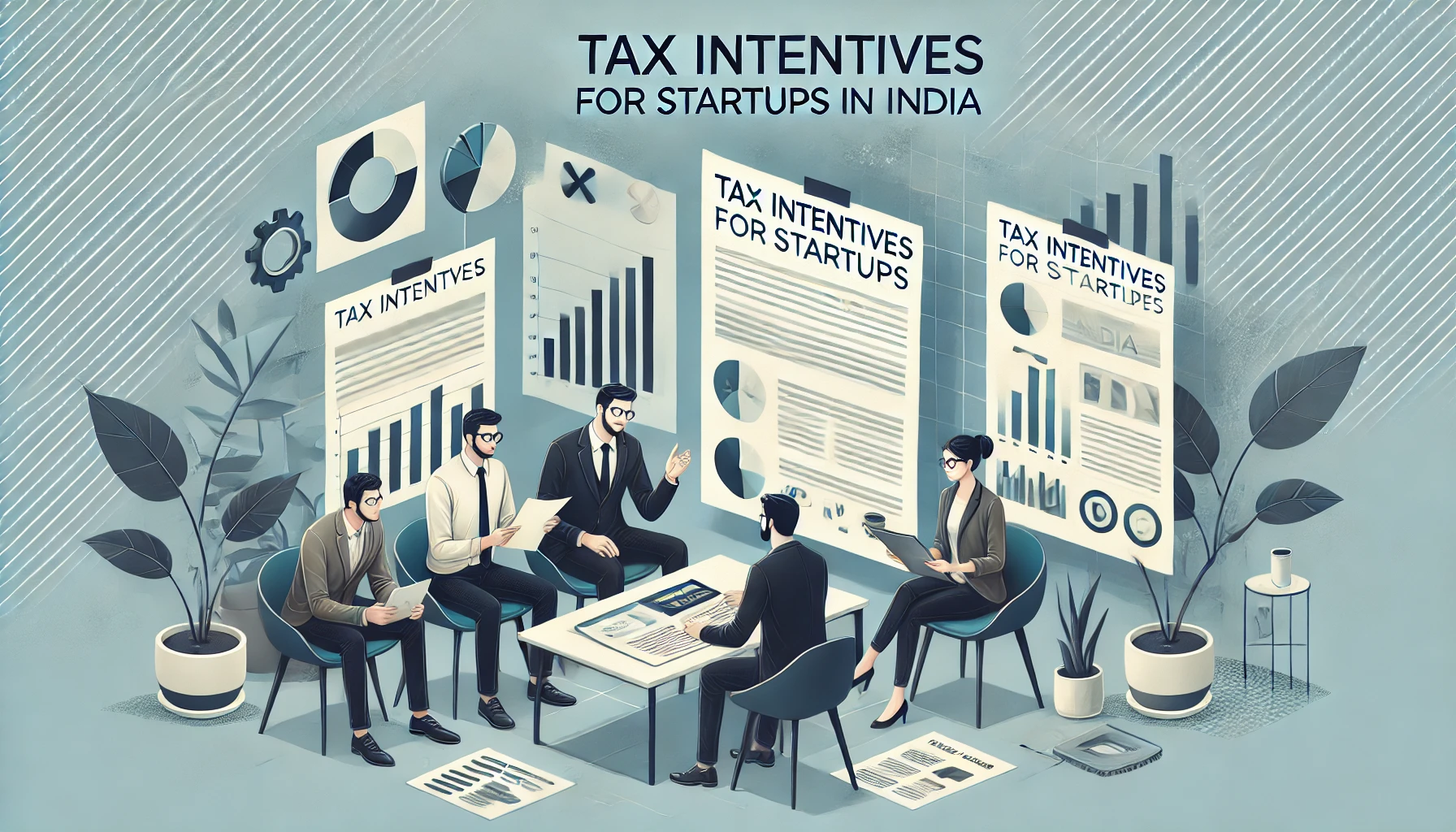
Tax incentives for startups in India
The Indian startup ecosystem is one of the fastest-growing in the world, attracting both domestic …
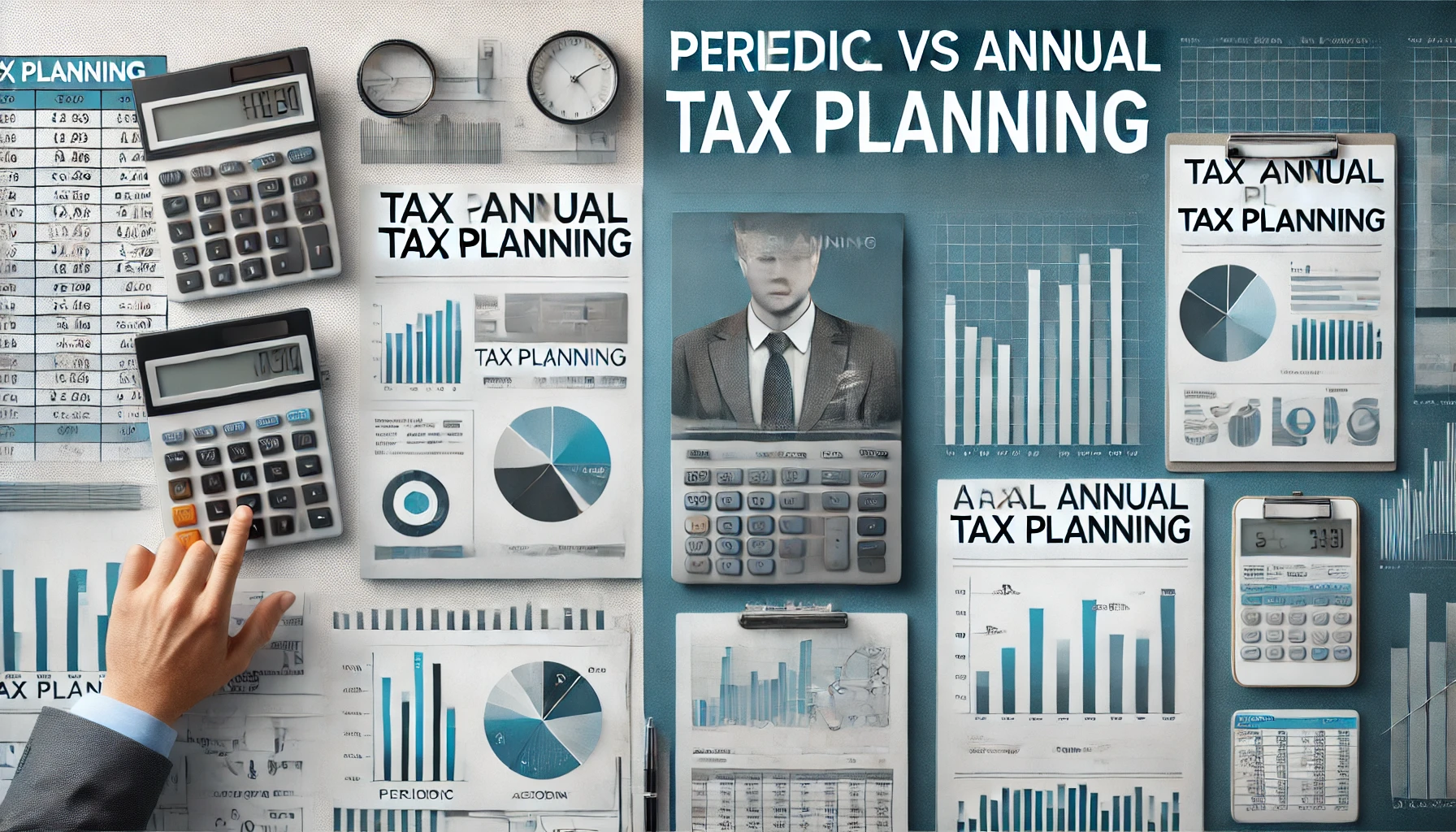
Periodic vs Annual Tax Planning
Tax planning is an integral part of financial management that every taxpayer should consider. Whether …
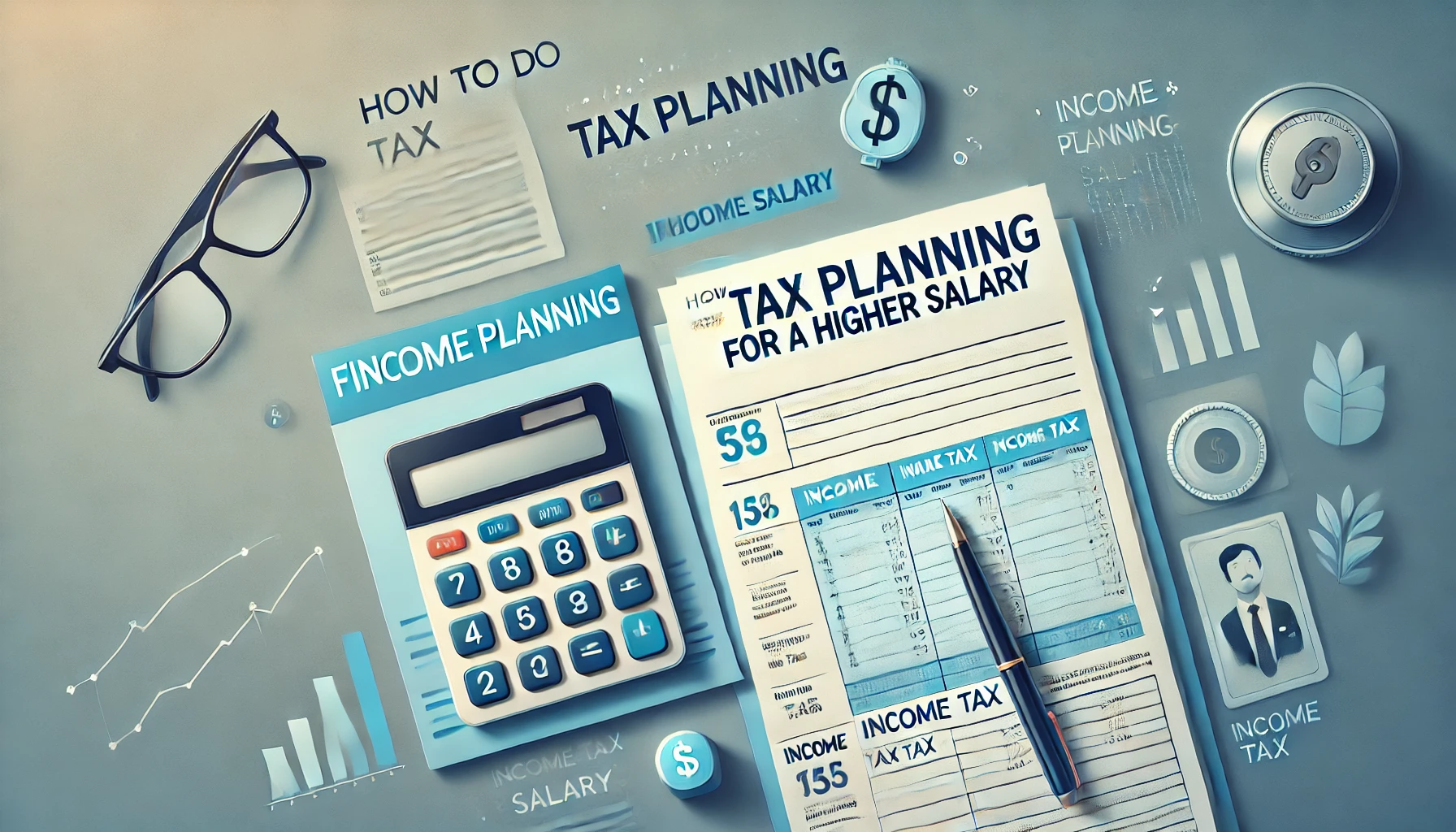
How to Do Tax Planning for a Higher Salary?
Tax planning is crucial for individuals with higher salaries in India. As income increases, so …
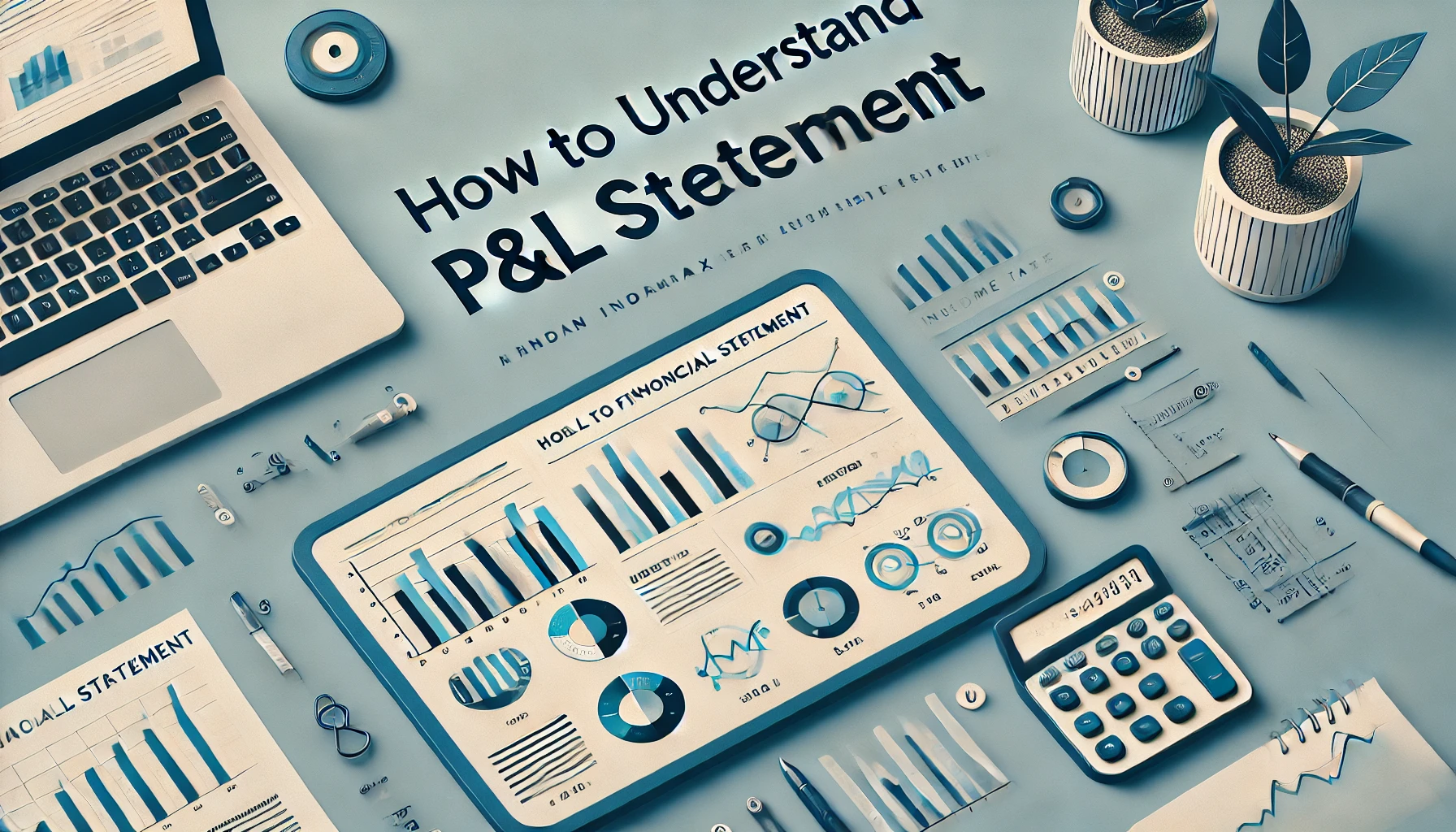
How to Understand P&L Statement
A Profit and Loss (P&L) statement, also referred to as an income statement, is one …

What is the Kakeibo Method?
Managing personal finances can be challenging, especially in today’s fast-paced world, where expenses quickly pile …

What is Angel Tax?
In India, the startup ecosystem has seen tremendous growth over the past decade. Entrepreneurs and …
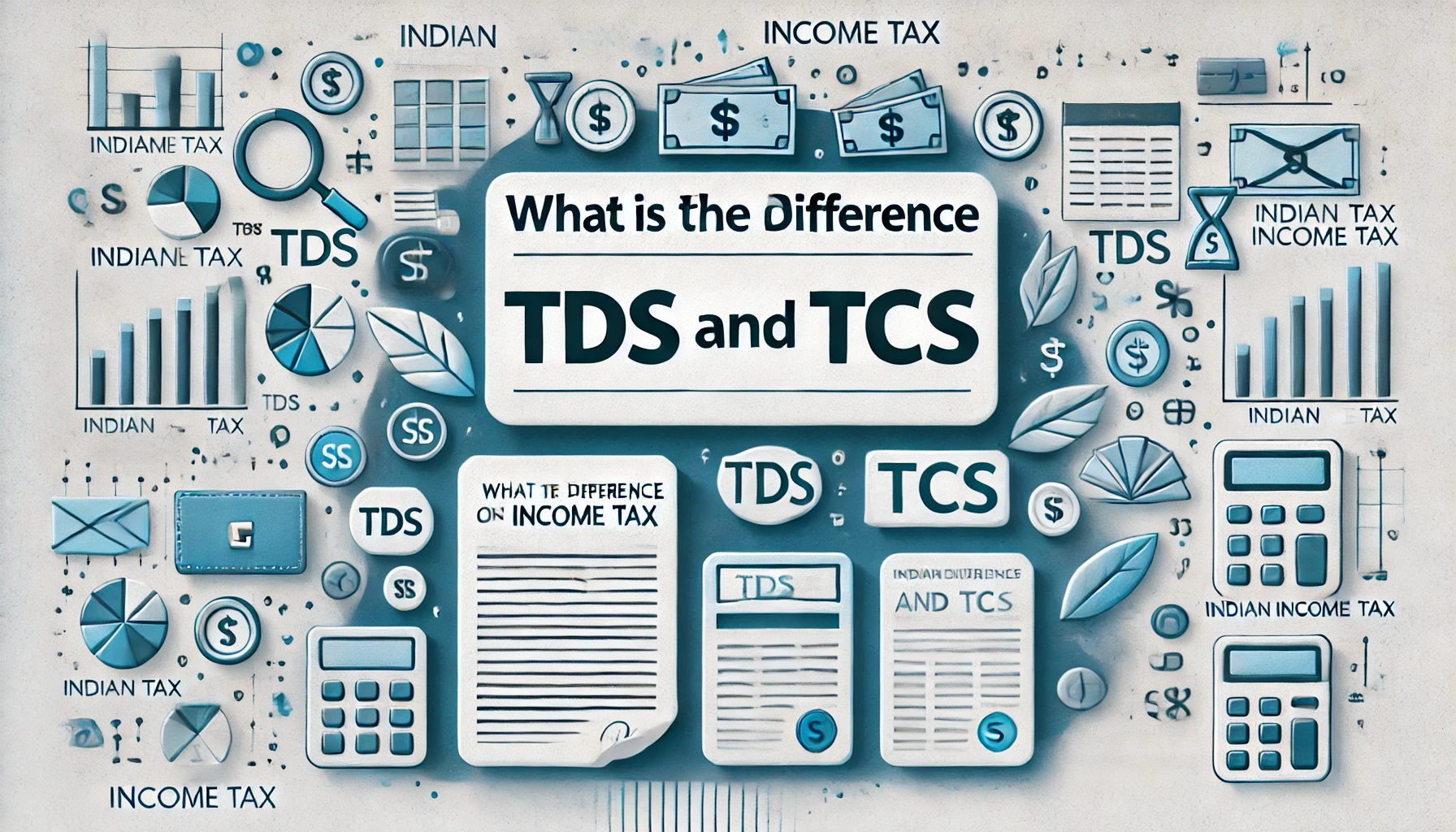
Difference Between TDS and TCS
In India, tax collection plays a critical role in the functioning of the government. To …


















